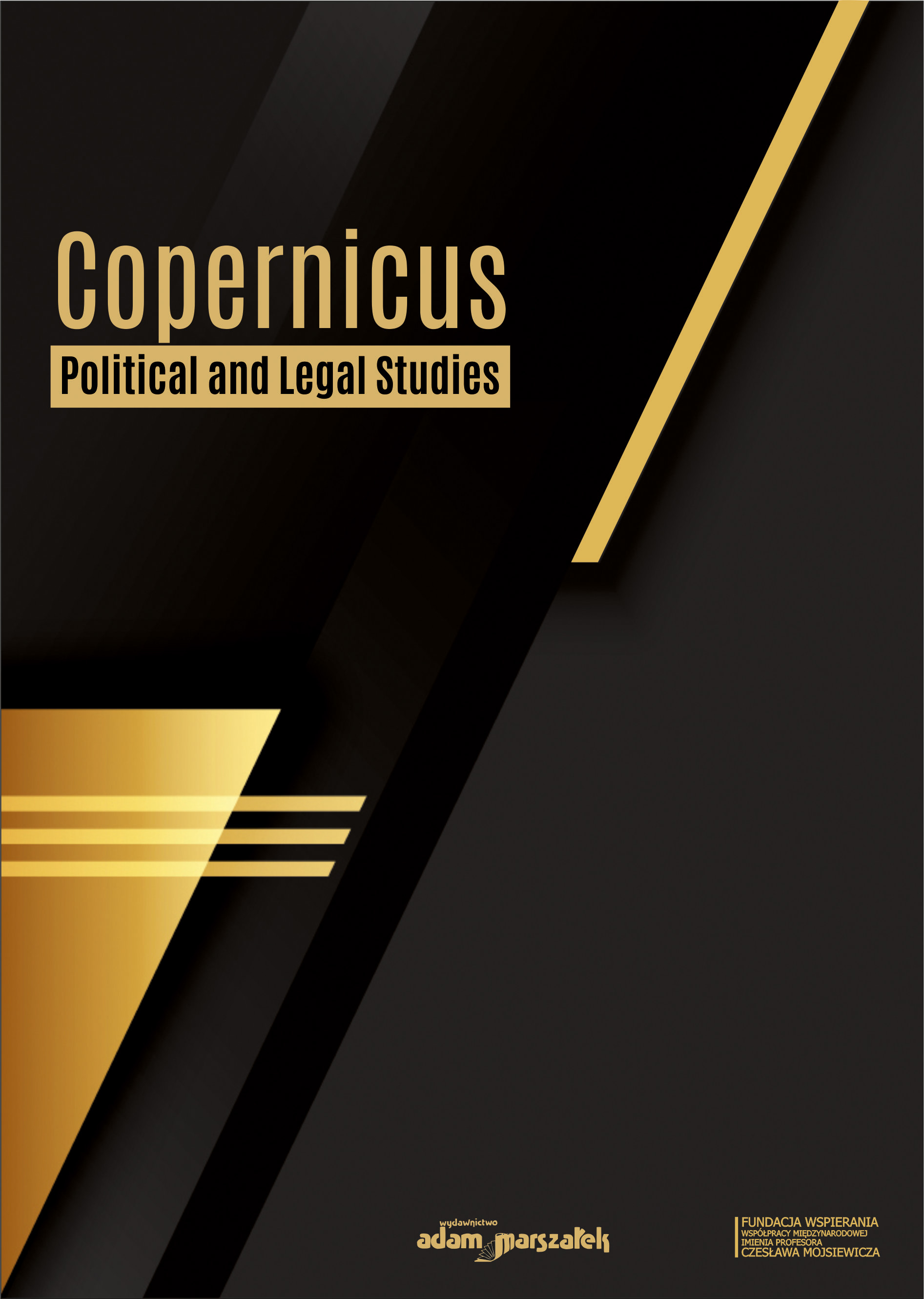Peculiarities of the Teaching of European Studies for Technical Specialties Students in Higher Educational Institutions of Ukraine (on the Example of Lviv Polytechnic National University)
Peculiarities of the Teaching of European Studies for Technical Specialties Students in Higher Educational Institutions of Ukraine (on the Example of Lviv Polytechnic National University)
Author(s): Yaryna Turchyn, Lidiia Kasha, Iryna SukhorolskaSubject(s): Higher Education , State/Government and Education, Sociology of Education
Published by: Wydawnictwo Adam Marszałek
Keywords: research; European Union; European studies; technical specialties; Ukraine;
Summary/Abstract: The purpose of the publication is to study the state and peculiarities of teaching European studies for students of technical specialties in higher educational institutions of Ukraine, mainly on the example of Lviv Polytechnic National University (hereinafter LPNU), where the Erasmus+ Jean Monnet Chair project “European Studies for Technical Specialties” (hereinafter EUSTS) has been implemented since September 2022. The hypothesis of the presented research is the statement that with the strengthening of the European integration course of Ukraine the demand for knowledge about the European Union and the European integration of Ukraine among students of technical specialties is increasing, and university education is ready to satisfy such a request, applying the latest methods and approaches in the organization of education. The main focus is on clarifying the peculiarities of the formation of European studies in Ukraine; including not only classical, but also technical universities in this process; search for effective mechanisms for implementing knowledge about the EU into the educational process of students of technical specialties. To achieve the specified goals, a number of research methods were used, such as: historical-comparative, periodization, analysis of empirical data, systemic and structural-functional. It has been found that the development of European studies in Ukraine has gone through several stages of its formation. The first lasted from the moment Ukraine regained its state independence in 1991 and was characterized by the presence of limited opportunities in universities to introduce European studies in the conditions of a centralized higher education system. The second stage was marked by the adoption of the Law of Ukraine “On Higher Education” (2014), which, in fact, provided sufficient tools for the development of European studies in Ukrainian universities. Similarly, at that time, the study of the European Union and European integration was formed at Lviv Polytechnic National University, including for students of technical specialties. On the basis of statistical data, it has been concluded that among the students of the National Academy of Sciences, there is a growing interest in the study of academic disciplines related to the EU and the European integration course of Ukraine. To a large extent, this is explained by the current political status of Ukraine as a candidate for EU membership and the strengthening of Ukrainian society’s support for the process of European integration as a result of Russian aggression. Accordingly, a number of educational disciplines have been introduced for students of technical specialties at the level of LPNU in recent years, which form knowledge about the EU and European integration, but only thanks to the implementation of international projects here, mainly the Erasmus+ Jean Monnet programs. This creates prerequisites for the fact that, in the future, separate educational programs in European studies can be developed at the university, which are most expedient to implement at the second (master’s) and third (PhD) educational levels. It is important that they focus on those policies of the EU and European integration directions of Ukraine that are of particular interest to students of technical specialties, for example, EU digital policy, EU energy policy, EU policy in the field of climate, environmental protection, etc. The acquired competences will not only allow the graduates of LPNU to implement European standards and values in their professional activities, but also to more effectively use the EU toolkit in the post-war reconstruction of Ukraine. Also, taking into account the recommendations of the Ministry of Education and Culture of Ukraine and the political situation of the state, it is worth introducing a mandatory educational discipline for all students of technical specialties of Ukrainian universities on the topic of the European Union, its principles, foundations and values, as well as the features of Ukraine’s European integration progress in various areas.
Journal: Copernicus Political and Legal Studies
- Issue Year: 2/2023
- Issue No: 1
- Page Range: 63-73
- Page Count: 11
- Language: English

